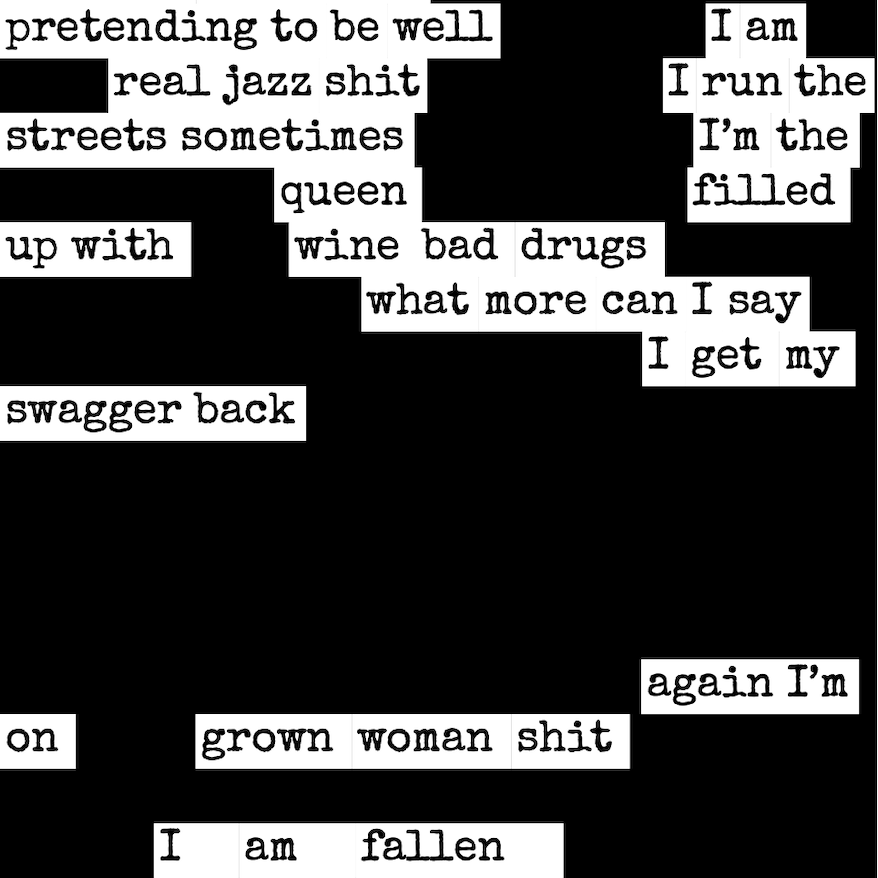Over the weeks of this course, I have learned plenty of things. Over the last 15 weeks, I can say that I grew as a person and with my writing skills. It has been a long journey especially since juggling with other classes and being able to remember everything I have learned. I have made progress in my writing skills. My vocabulary has stretched more, and I am using more complexed words instead of taking the easy way out. A realization that I have made as a writer myself was that I can do and write anything accommodating if I really put my mind to it. I have the skills for it, but sometimes I like to take the short way out just to get it done faster or out of my way.
One of the pieces that I worked on that I am proud of is the Ichiyo Feminism. It opened my eyes because this is exactly like society today. Men want women to do the chores for them and basically be a housewife. Some women do not want to be housewives, they want to be able to work and fend for themselves, and sometimes come home to a man doing the dishes or making dinner. I believe my writing skill level was not the best, but it was not bad. I was in my zone especially about the topic because I am all about feminism.
One of my greatest challenges during this semester was time management. I am not very time consuming. I would like to do things last minute because I liked the feeling of adrenaline, but it has cost me in the long run. It would cost me because sometimes I would not even finish in time, or I would be doing it late at night that I would get tired and just fall asleep. I believe that is a very difficult challenge for me and I did try to stop doing that. I am still working on trying to get everything done early or even done couple of days before the due date is expected because I do not want to be staying up very late stressing myself about an assignment that I need to have done hours before the due date.
In conclusion, this semester has been a rocky road for me, but I did see it through. I believe that you must push yourself through difficult situations to become a better you. I have become a better me especially with my vocabulary. It has been a long road with my vocabulary. I have become more complex and very flexible with the words. It has been a long journey, but I was glad to have you as a teacher Professor Perry. Not every teacher would give us a good amount of time to makeup work and explain all the materials thoroughly and for that I am grateful.

